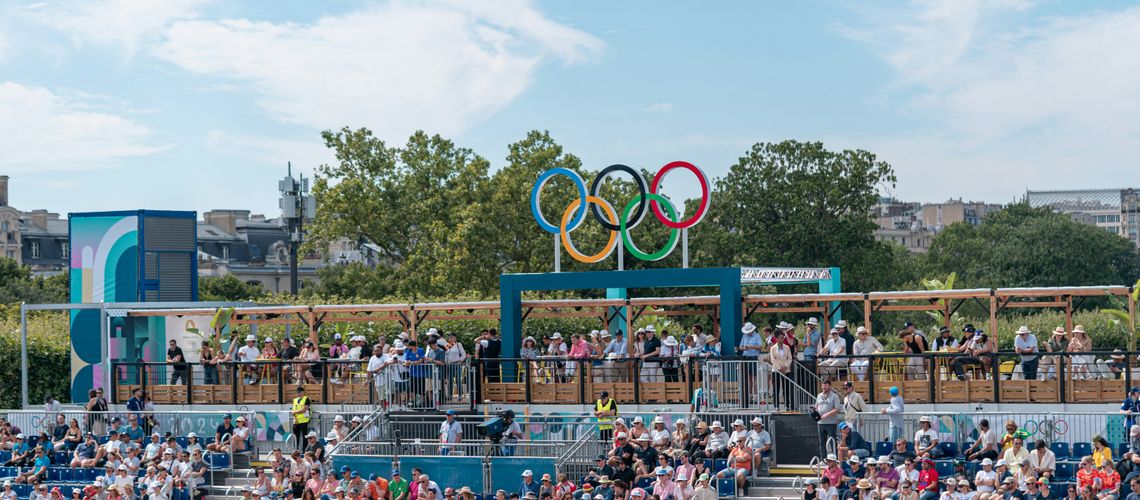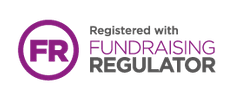Neurodiverse Olympians

With the Paris Olympics well underway, it is important to recognise that some athletes may be competing with extra obstacles that are hidden to the naked eye. Whilst some like triathlete Sam Holness refer to their neurodivergence as ‘a sporting super power’, and credit their unique mind-set to their success, for others it may be something extra to contend with. Neurodiversity is a broad term for a wide range of conditions that impacts how the brain works. This includes; Autism, ADHD, Dyslexia, Dyspraxia, Dyscalculia and Tourette’s. Neurodiversity is different for everybody and presents in a multitude of unique ways. It is thought that approximately 15% of people in the UK are neurodiverse but this number is suspected to be higher, because of the many different ways neurodiversity can present, it can sometimes be challenging to diagnose.
Every person is unique with their own talents and capabilities. Neurodiverse Olympians serve as a reminder of this fact and continue to break barriers and show how much they can achieve with the right support and opportunities. Here are some examples of just a few Neurodiverse Olympians who continue to defy expectations...
Neurodiverse Olympians (You may not know are neurodivergent)
- Caragh McMurtry - Caragh is autistic and represented team GB in rowing at the Tokyo Olympics. She has also founded Neurodiverse Sport which works to educate about and promote inclusivity at every level of sport.
- Simone Biles - Diagnosed with ADHD, Simone has 7 Olympic medals and represents the USA in gymnastics. She has recently become the oldest female gymnast to win all-round Olympic gold.
- Chris Morgan - Three-time Olympic medal winner, Chris is autistic and a former representative rower for Australia. He credits his autism and the hyper-visual focus that comes with it to his success.
- Michael Phelps - Phelps has a diagnosis of ADHD and is the most decorated Olympian of all time. He competed in swimming for Team USA and retired in Rio Olympics, holding several world records.
- Adelle Tracey - Diagnosed with Dyslexia and Dyscalculia, Adelle Tracey is a middle-distance runner competing for Jamaica in Paris 2024.
Autistic athletes often face unique challenges in their sporting journeys, however, with the right support system, athletes can thrive. The achievements of autistic athletes extend beyond the Olympics and often play a crucial role in raising awareness about autism and advocating for greater acceptance, awareness and inclusion.
Can Autistic people compete in the Olympics?
Being autistic does not prevent you from competing in the Olympics. Depending on how an individual’s autism presents they may choose to compete in the Paralympics instead. To participate in the Paralympics, athletes must fulfil the World Health Organisation’s criteria of an intellectual disability by having a psychological assessment to verify this. This means having an IQ below 75, being diagnosed before the age of 18 and having an impairment in adaptive functioning (social, domestic and communication skills). Athletes are then observed in a competitive setting by judges and medical officers to ensure their eligibility [BBC].
Famous Autistic Paralympian’s
Autistic athletes that meet the above criteria compete against other athletes at the same ability level to make sure that the events are fairly weighted. Here are some examples of famous autistic Paralympian’s:
- Jessica- Jane Applegate - has been competing since 2012 and is an autistic swimmer with 11 Gold Medals, she will be competing at the Paris Paralympics. Applegate also advocates for those with non-visible disabilities in her spare time.
- Michael Brannigan - Was diagnosed with autism at two years old and was nonverbal until the age of five. Brannigan is gold medallist who competes in long-distance running for Team USA.
- Florian Van Acker – Van Acker is an autistic Belgian table tennis player. He won a gold medal in Rio and carried Belgium to the highest level of table tennis worldwide. Van Acker is set to compete in Paris 2024.
- Jordan Catchpole MBE - is a British Paralympic swimmer who is autistic. He won gold in Tokyo 2020 and is competing in the 2024 Paralympics. Catchpole was awarded an MBE in 2022 for his services to swimming.
- Kaitlin Bounds - Bounds received her autism diagnosis at the age of 4 and is competing in the Paris 2024 Paralympics as a long distance runner for Team USA. Her running prowess has previously earned her a scholarship to Arkansas Tech University where she studied history.
When watching the Olympics, it's important to be mindful that competitors may be contending with unseen circumstances. The stories of autistic Olympians are powerful reminders of the potential that lies within every individual. Their journeys highlight the importance of inclusivity in sports in wider society. We hope you enjoy the Paris 2024 Olympics and Paralympics as a finale to end a summer full of sport.
As we celebrate the achievements of Neurodiverse Athletes, let’ s also commit to supporting and empowering all athletes to reach their full potential, regardless of their neurological differences. If you are interested in learning more about neurodiversity and how Autism Unlimited supports autistic people, then please have a look at the resources on our website.






